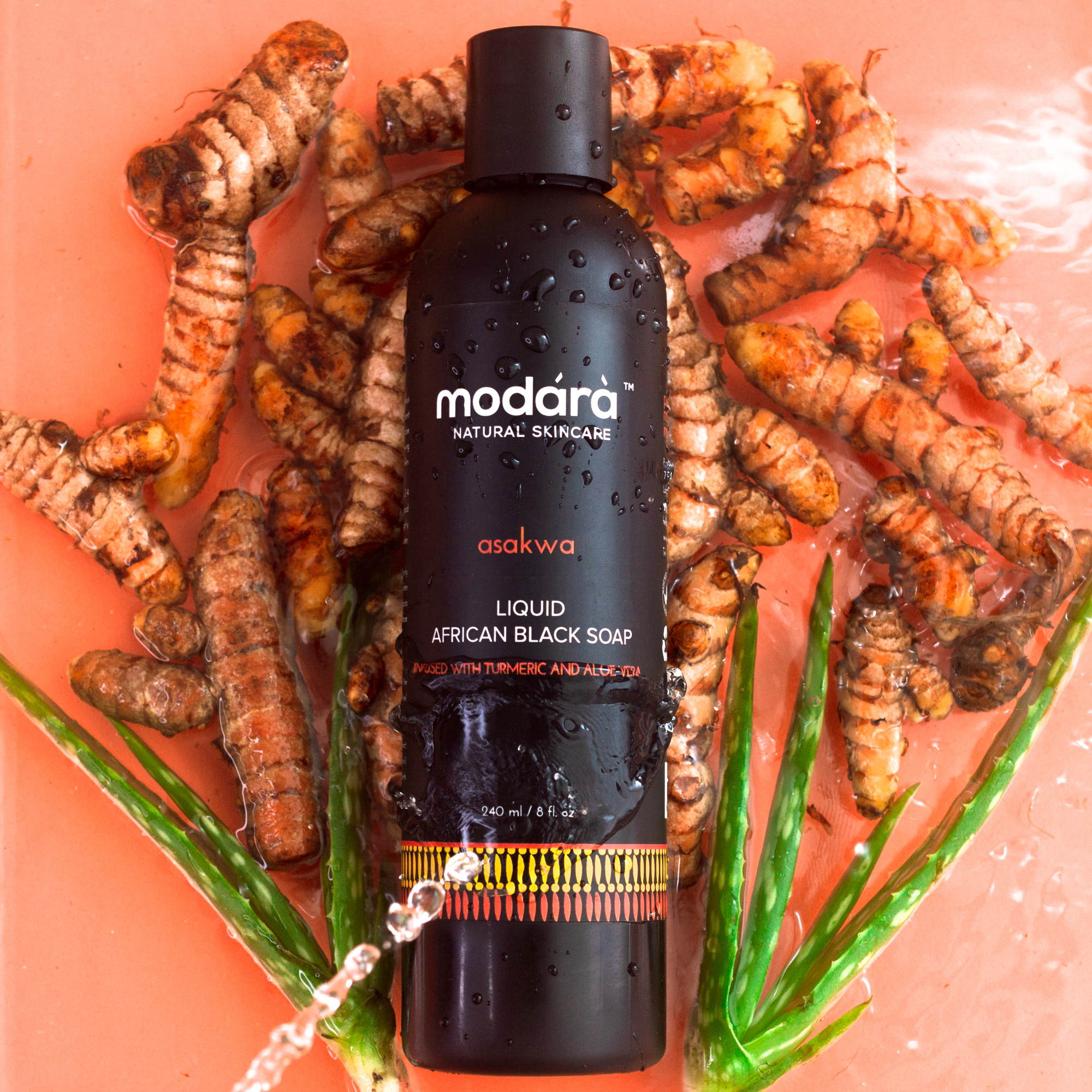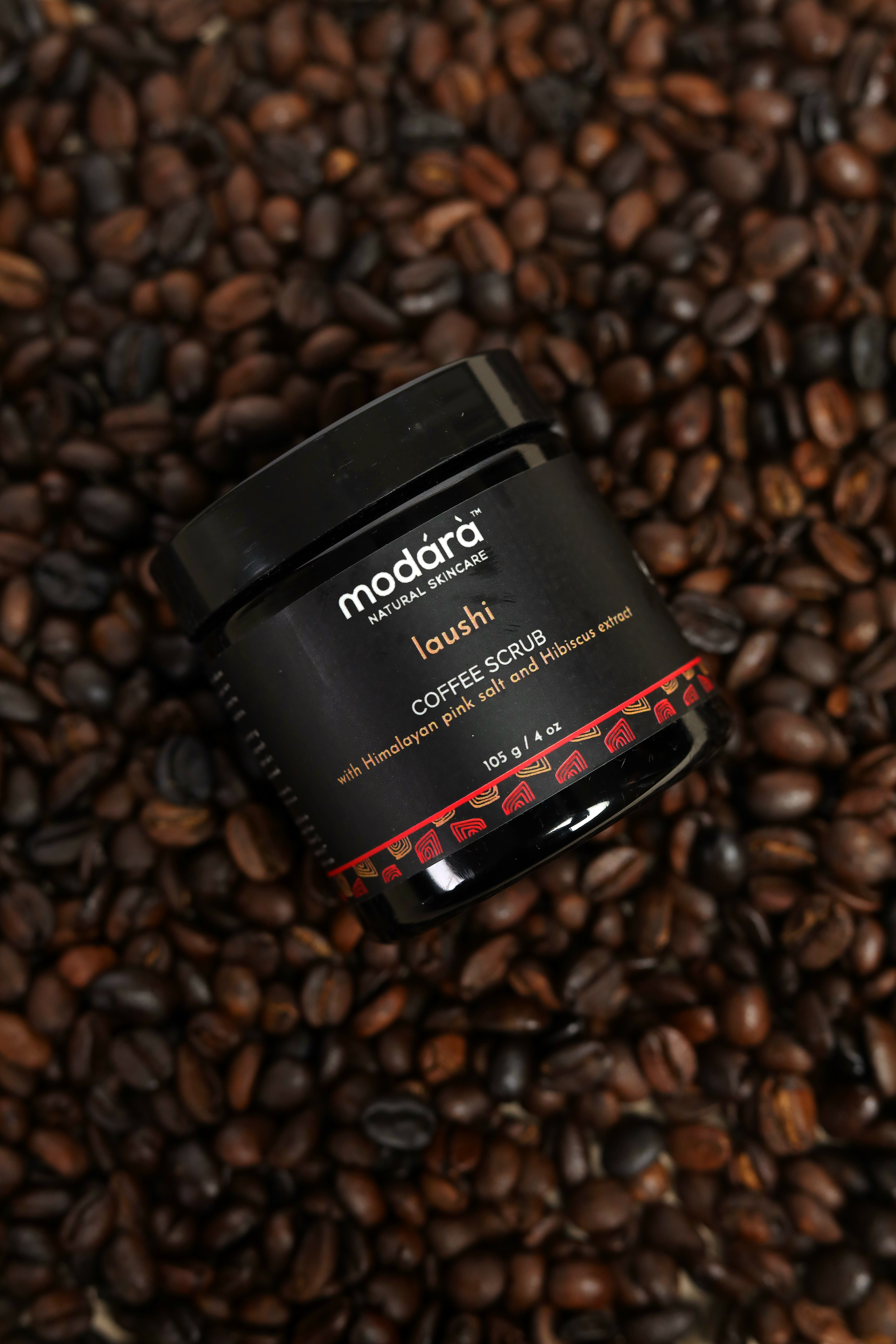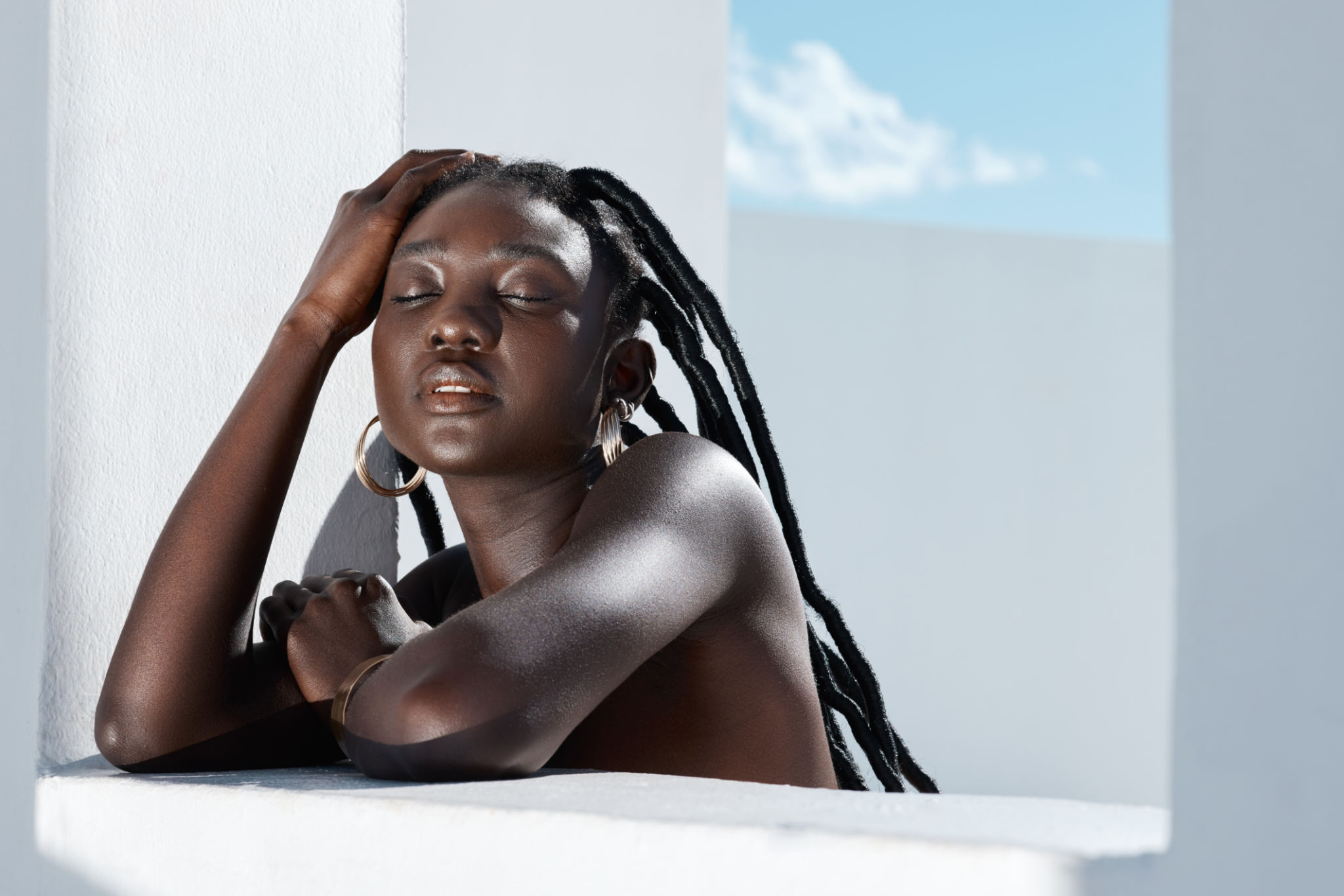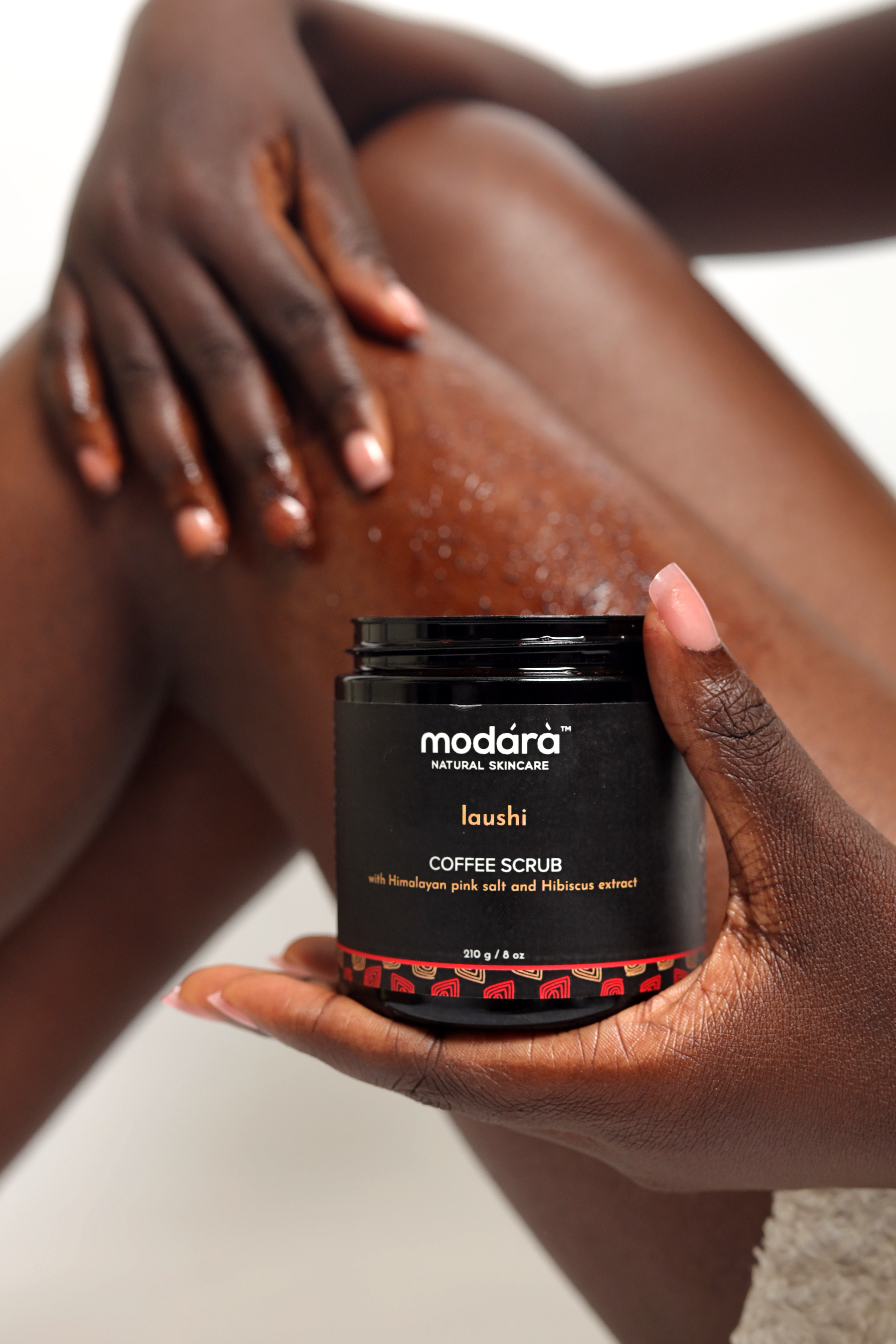Black Soap: Benefits, Myths & How to Use It Safely
July 9, 2025 2025-08-12 6:44Black Soap: Benefits, Myths & How to Use It Safely

Black Soap: Benefits, Myths & How to Use It Safely
African black soap has earned global attention for its deep cleansing and natural properties, but for many first-time users, it’s still a mystery. Is it good for oily skin? Does it dry out your face? Can you use it daily?
Let’s unpack the benefits of this traditional West African staple, separate fact from fiction, and guide you on how to use it safely for radiant, balanced skin.
What Is African Black Soap?
Authentic African black soap, often called Ose Dudu or Anago soap, originates from West Africa and is made using traditional methods. It typically contains natural ingredients like:
-
Cocoa pod ash
-
Plantain skin
-
Palm kernel oil
-
Shea butter
-
Coconut oil
Its deep brown or black colour and crumbly texture come from the ash, which is sun-dried and roasted, giving the soap its distinctive properties.
The Benefits
It is widely used for a reason. It provides several skincare benefits, especially for oily, acne-prone, or uneven skin types:
1. Deep Cleansing Without Harsh Chemicals
The natural ash acts as a gentle exfoliant and cleanser, removing dirt, sweat, and product buildup from the skin.
2. Balances Oil Production
For those with oily skin, black soap helps cleanse excess sebum without stripping the skin completely.
3. Helps With Breakouts and Acne
Thanks to its antibacterial properties, it may reduce acne-causing bacteria and calm inflammation.
4. Fades Dark Spots Over Time
Regular use may help reduce hyperpigmentation and uneven tone caused by acne scars or sun damage.
🔗 See research on African black soap’s antibacterial properties
Common Myths About African Black Soap
Despite its benefits, misinformation can lead to improper use and disappointment. Here are some myths worth clearing up:
Myth 1: It’s Safe to Use as Is
Raw black soap can be too harsh for the face if not diluted or properly formulated. Using unrefined chunks directly may lead to dryness or irritation.
Myth 2: It Works Instantly
Black soap isn’t a quick fix. While some people notice a clearer complexion in a few days, consistent and gentle use is key to long-term results.
Myth 3: It’s Only for People With Oily Skin
While it’s fantastic for oily skin, balanced formulations can also suit normal or combination skin, especially when paired with moisturisers or facial oils.
How to Use African Black Soap Safely
The safest way to enjoy the benefits of African black soap is to use a formulated liquid or softened version designed for everyday skincare. Here’s how:
Step 1: Start with a Patch Test
Apply a small amount behind your ear or on your inner arm. Wait 24 hours to rule out sensitivity or irritation.
Step 2: Cleanse Gently
Wet your face or body, lather a small amount of black soap in your hands, and apply in gentle circular motions. Avoid scrubbing too hard.
Step 3: Rinse & Follow with Moisture
After rinsing, immediately follow up with a moisturiser or a lightweight face oil. This helps replenish hydration and soothe the skin barrier.
Best Practices for New Users
-
Use 3–4 times a week to start, then increase as your skin adjusts.
-
Avoid the eye area — black soap can sting if it gets into the eyes.
-
Store in a dry place to extend its shelf life.
For extra-sensitive skin, choose a version that has been blended with soothing ingredients like turmeric or aloe vera.
Final Thoughts
Black Soap is more than a trend; it’s a time-tested cleanser with deep roots in African tradition. When used correctly, it offers powerful benefits for cleansing, clarifying, and balancing the skin.
But like any skincare product, it’s important to understand how and when to use it. A gentle formula and proper aftercare will help you enjoy its full potential without irritation.





